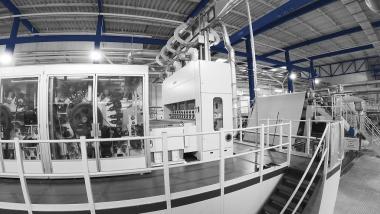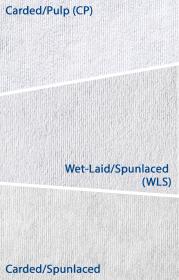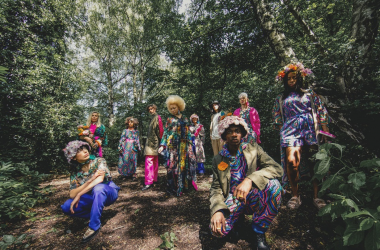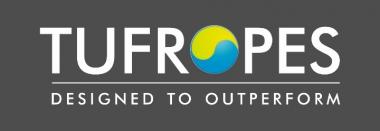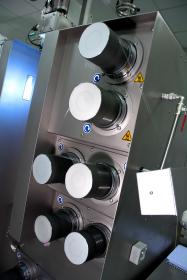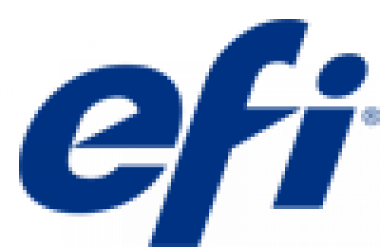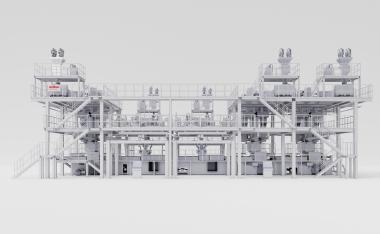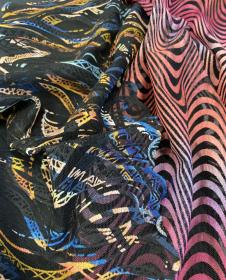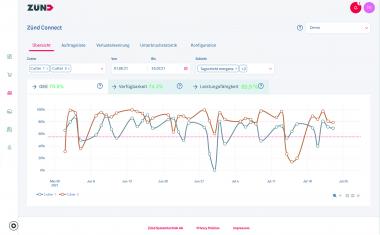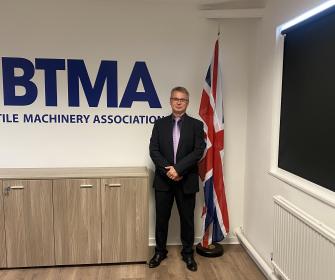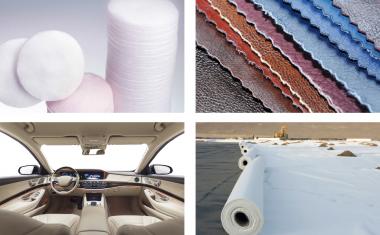Truetzschler: Towards sustainable nonwovens
- At this year’s INDEX from October 19th to October 22nd, Truetzschler Nonwovens, Truetzschler Card Clothing and Voith introduce new solutions for manufacturing a broad range of sustainable nonwovens for wipes, hygiene or medical textiles at booth 2327.
Plastic-free initiatives worldwide affect everyone: consumers, product developers, nonwoven producers and finally nonwoven machinery suppliers.
Truetzschler Nonwovens and Voith address the quest for more sustainable and affordable nonwovens in the wipes segment by two proven technologies for manufacturing pulp-based nonwovens. Firstly, WLS (Wet-Laid/Spunlaced) lines. More than a handful are in service worldwide and mainly target the flushable wipes market. At INDEX we’ll introduce our latest nextLevel/WLS baby and body wipes, a joint development by Voith and Truetzschler.
The second focus is on carded/pulp (CP) products. A CP line – including a TWF-NCT card placed between the HydroFormer and the AquaJet is already running to full capacity at customer site. Various CP materials, including innovative nextLevel/CP wipes, will be on display at the booth and invite visitors to discuss characteristics, benefits, line concepts and equipment.
When talking sustainable nonwovens, solutions for efficiently manufacturing biodegradable nonwovens from virgin cotton fibers, comber noils and viscose/lyocell fibers must not be missing. Visitors can look forward to directly comparing cotton nonwovens to a broad range of cellulose-based material.
Truetzschler Card Clothing, our in-house competence center with respect to card clothings and comprehensive service, presents its latest development, the Z wire for high-speed roller cards. A new geometry minimizes fiber fly and allows for better carding and more stable web forming.
Trützschler Nonwovens & Man Made Fibers GmbH Voith Truetzschler Card Clothing INDEX nonwovens Fibers
Trützschler Nonwovens & Man Made Fibers GmbH


